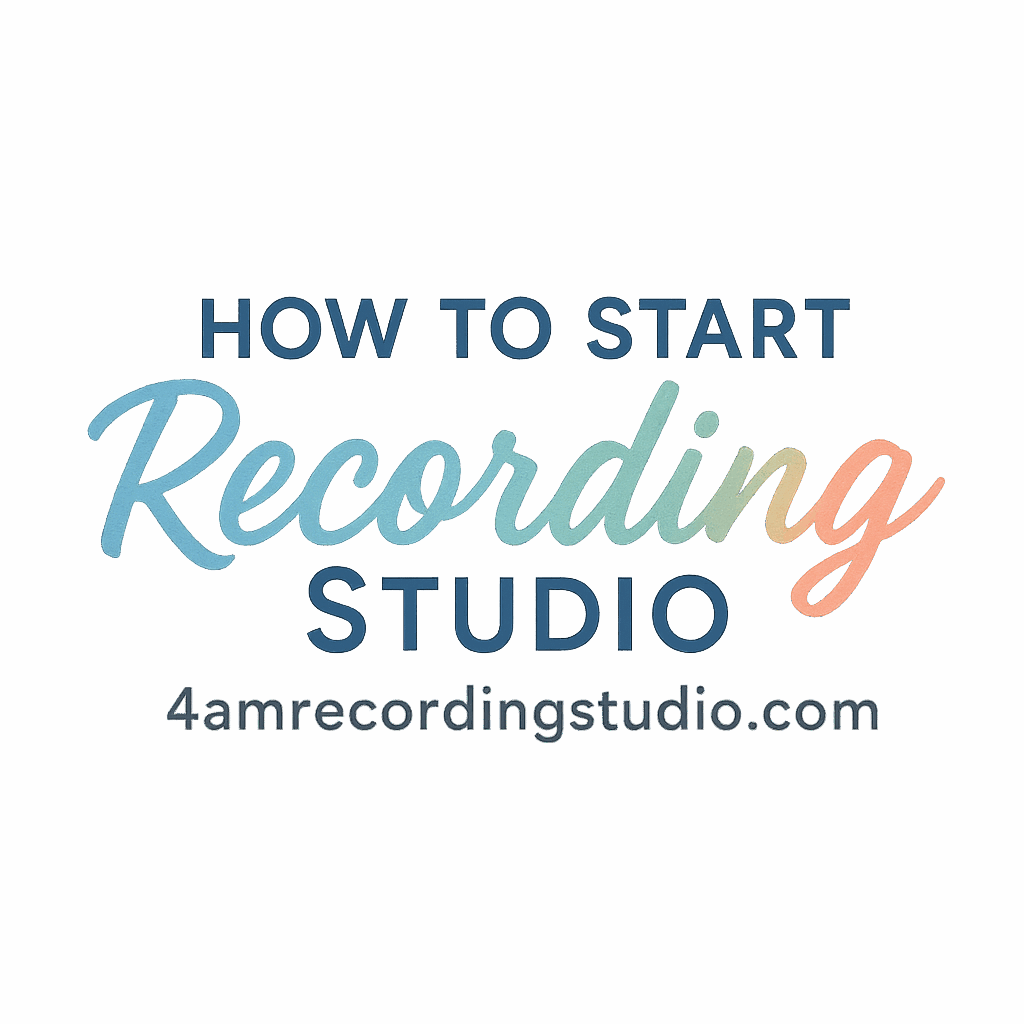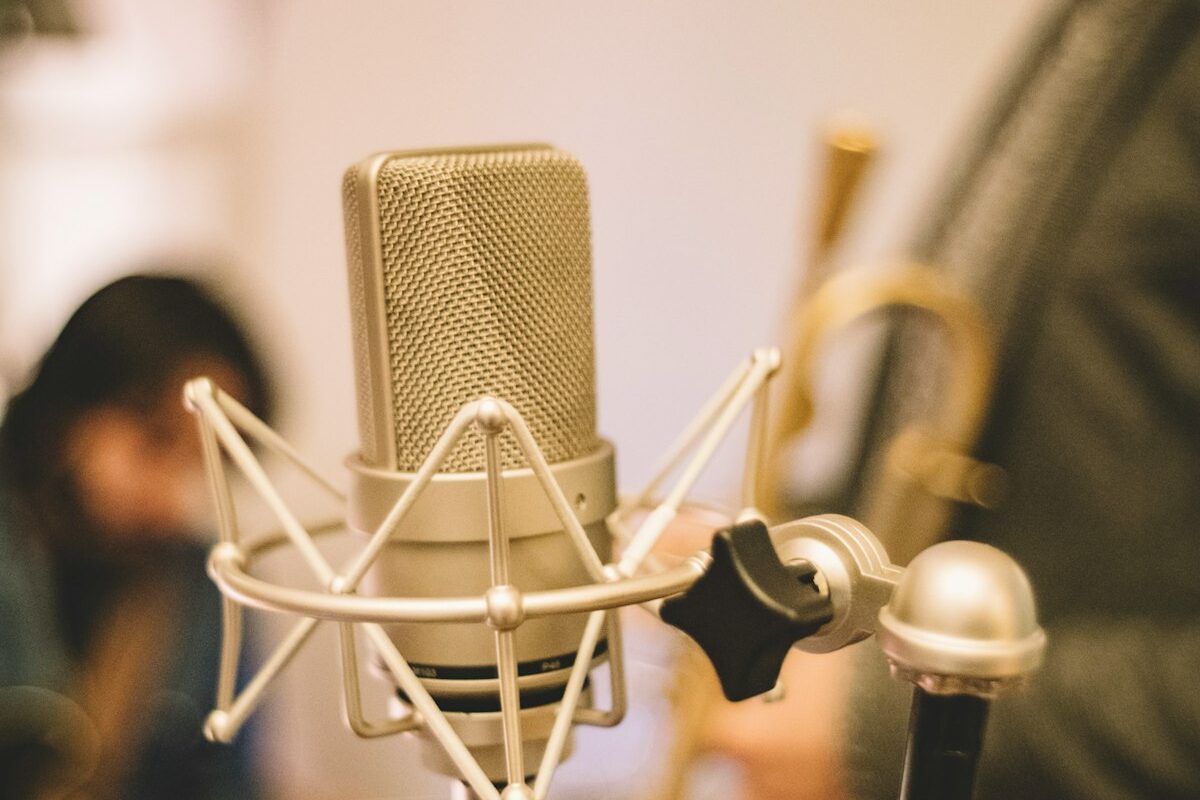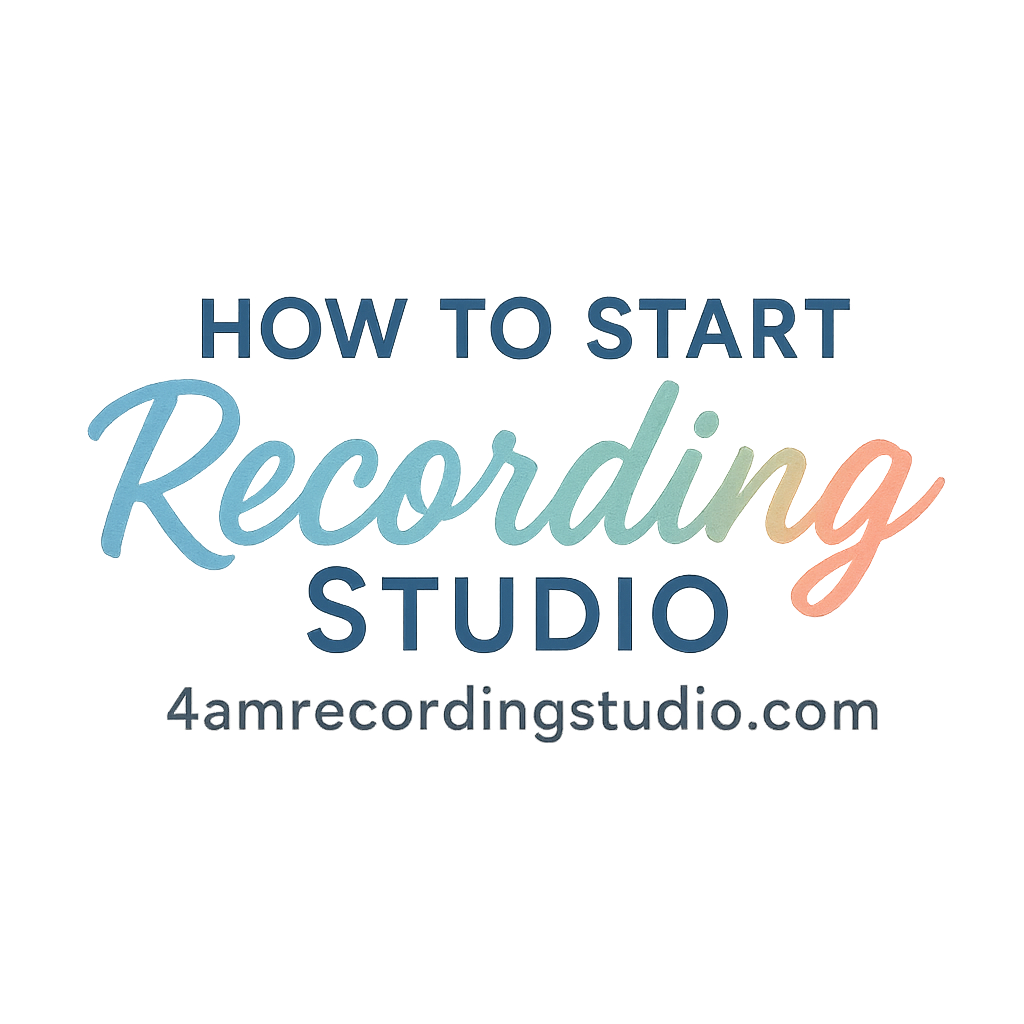Starting your own recording studio is an exciting journey, but let’s be real—it’s not cheap. Between studio equipment, space, marketing, and time, the costs can add up quickly. The good news? You’ve got plenty of funding options to help turn your dream into reality.
Let’s dive into 8 tried-and-true ways to fund your new recording studio business—plus a few bonus tips to make your journey smoother.
Why Funding Matters for Your Recording Studio
Without the right funding, even the most passionate producers can hit a dead end. Quality microphones, audio interfaces, acoustic treatment, and mixing consoles cost money—and you can’t grow a professional studio with laptop speakers and duct tape.
Getting your finances right from the start means:
- Better equipment = better sound
- Reliable workflow = more clients
- A legit business = more trust and growth
Still with me? Good. Let’s explore how to get those funds flowing.
Planning Before You Seek Funding
Before asking anyone for money (or spending your own), you need a plan. Period.
Define Your Studio Vision
What kind of studio are you building? A home-based production room? A commercial facility with live rooms and vocal booths? Knowing your end goal helps determine how much cash you actually need.
Build a Business Plan
A solid business plan shows lenders and investors that you’re serious. Include:
- Your studio’s mission and niche
- Equipment list and cost breakdown
- Marketing strategy
- Revenue projections
- Recording studio business planning tips
Calculate Your Startup Costs
Visit our recording studio setup basics guide to get a realistic picture. Factor in:
- Gear: microphones, MIDI controllers, interfaces
- Software: DAWs, plugins, subscriptions
- Acoustic treatment
- Rent or renovations
- Marketing and branding
1. Personal Savings
Pros of Using Personal Funds
- Full control over your business
- No interest payments
- No pressure from outside investors
Cons of Using Personal Funds
- Risk of draining your financial safety net
- Slower to scale if you run out of cash
Personal savings are a great way to show commitment—but don’t burn through your emergency fund just to buy a $3,000 preamp. Balance is key.
2. Friends and Family Loans
It’s not uncommon for first-time entrepreneurs to get help from their inner circle.
Set Clear Expectations
Treat this like a real business transaction. Write everything down:
- How much you’re borrowing
- Repayment terms
- Interest (if any)
- What happens if things don’t work out
Legal Protection Matters
Use a promissory note or contract. It keeps things friendly and avoids awkward Thanksgiving dinners.
3. Business Loans and Lines of Credit
Got decent credit? A business loan can fuel your launch in a big way.

Traditional Banks vs Credit Unions
Banks often require more paperwork, while credit unions may be more flexible. Either way, you’ll need:
- Business plan
- Financial projections
- Possibly some collateral
SBA Loans for Studio Startups
Small Business Administration (SBA) loans offer low rates and long repayment terms—perfect if you’re building a larger facility.
Check our full recording studio management & growth section for long-term financing strategies.
4. Crowdfunding Platforms
Crowdfunding is huge right now. Platforms like Kickstarter, Indiegogo, or GoFundMe let you raise funds directly from supporters.
Kickstarter vs Indiegogo
- Kickstarter: All-or-nothing model. You must meet your goal.
- Indiegogo: Keep what you raise, even if you fall short.
Tips for a Successful Campaign
- Offer cool perks: t-shirts, shoutouts, free mixing sessions
- Use video to tell your story
- Promote like crazy on social media
Crowdfunding works best when paired with a personal brand. Get visible on Instagram, TikTok, and email lists. Need help? Start with our studio marketing and branding guide.
5. Investors and Partnerships
If you’re thinking big, bringing in an investor might make sense.
Finding the Right Investor
Look for someone who:
- Believes in your vision
- Knows music or creative industries
- Has long-term patience (this isn’t crypto)
Splitting Equity Smartly
Don’t give away the farm. Negotiate fair terms and always consult a lawyer. Consider forming a partnership agreement if you’re co-founding the studio.
6. Equipment Financing Options
Why buy everything upfront when you can finance gear?
Leasing vs Buying Gear
- Leasing: Lower upfront cost, possible upgrades
- Buying: More expensive now, but you own it
Check out our guide to recording studio equipment and tools for the must-haves.
What Lenders Look For
- Stable income or co-signer
- Business entity setup
- Credit history
Use this option wisely—gear is essential, but don’t go into debt for a flashy mixer you don’t need yet.
7. Grants and Competitions
Yes, you can actually get free money. You just have to dig a little.
Music and Arts Grants
Many organizations support indie creatives. Look into:
- Local arts councils
- National Endowment for the Arts
- Recording industry groups
Business Plan Competitions
Colleges, incubators, and startups often host pitch competitions with cash prizes. Win one and you’ve got both funding and clout.
8. Generate Income While You Build
The studio doesn’t have to be perfect before it makes money.
Freelance Audio Work
- Mix tracks remotely
- Offer podcast editing
- Master music for indie artists
Use platforms like Upwork or Fiverr to get started.
Teach, Mix, and Monetize Your Skills
Run local workshops, offer 1-on-1 lessons, or create YouTube content. Build trust, earn income, and grow your client base at the same time. Tag relevant posts like #income, #clients, and #streams to stay visible.
Bonus: Hybrid Approaches That Work
Many successful studio owners use a mix of strategies—savings, equipment financing, and part-time income—while slowly scaling up. Don’t wait for perfect conditions. Build momentum with what you have, and grow from there.
Smart Money Moves After You Secure Funding
Budget for Growth and Gear
Don’t blow all your funds on gear. Save some for:
- Acoustic treatment
- Marketing tools
- Collaboration tools like DAWs or plugins
Invest in Marketing and Branding
People can’t hire you if they don’t know you exist. Learn how to market and brand your studio like a pro.
Conclusion
Funding your recording studio business isn’t about luck—it’s about strategy, creativity, and grit. Whether you’re bootstrapping or pitching to investors, there’s always a path forward. Mix passion with planning, and you’ll be tracking hits before you know it.
FAQs
1. What’s the best way to fund a studio as a beginner?
Start with personal savings and freelance income while building your plan. Explore options tagged under #beginner.
2. Can I get a loan with no business experience?
Yes, especially with a strong personal credit score and a killer business plan. See our #how-to-start tag.
3. Is crowdfunding still relevant in 2025?
Absolutely! Just be ready to hustle on social media and email newsletters. Check out #newsletter.
4. Should I buy or lease my studio equipment?
It depends on your budget. Explore leasing if you need high-end gear without upfront costs—especially for #music-gear.
5. Can I fund a studio with just client revenue?
Yes, but it’s a slower path. Combine it with budgeting and tagging content around #clients and #organize.
6. Are grants hard to get?
They take effort but are worth it. Focus on music-related or small business grants and look into competitions under #business.
7. What if I fail after taking a loan?
That’s the risk with any business. Minimize it by starting lean, seeking mentorship, and reading up on #management and #growth.


